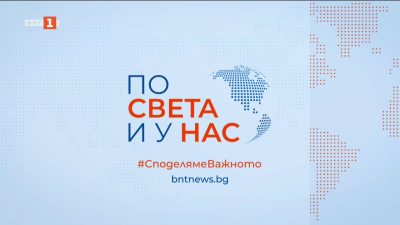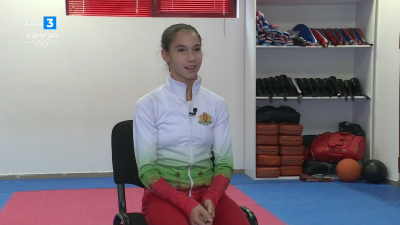All Bulgaria’s international airports ready to operate as part of the Schengen zone as of March 31 2024
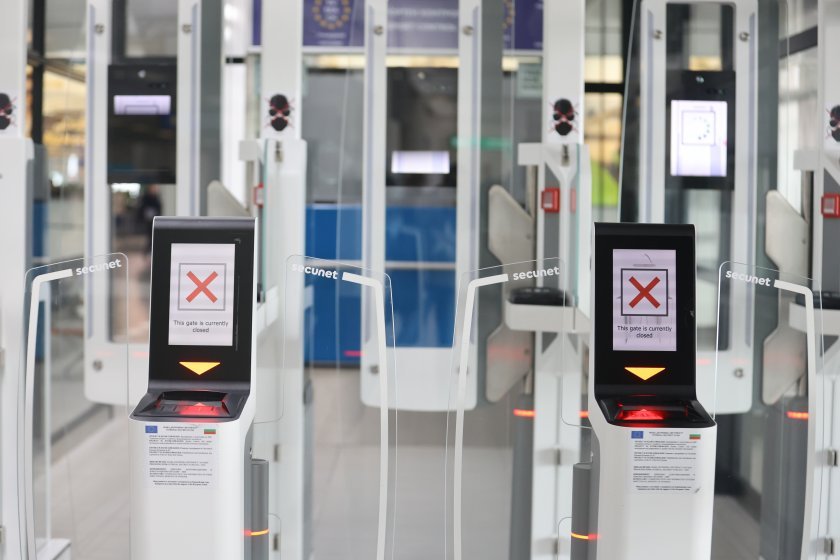
The four international airports - Sofia, Plovdiv, Varna and Burgas - are ready to operate as part of the Schengen area for free movement from midnight on March 31. The outgoing Minister of Interior commented that in the coming months a decision on admission of Bulgaria’s land borders to Schengen is yet to be negotiated.
There will be one less check - the border check - for both departing and arriving passengers whose journey ends or starts from an airport that is on the territory of Schengen countries.
The first plane arriving from a Schengen airport will land in Sofia 20 minutes after midnight on 31 March. Thus, passengers who have left the country from which they are arriving after passing border controls, will not be subject to border checks when they enter Bulgaria.
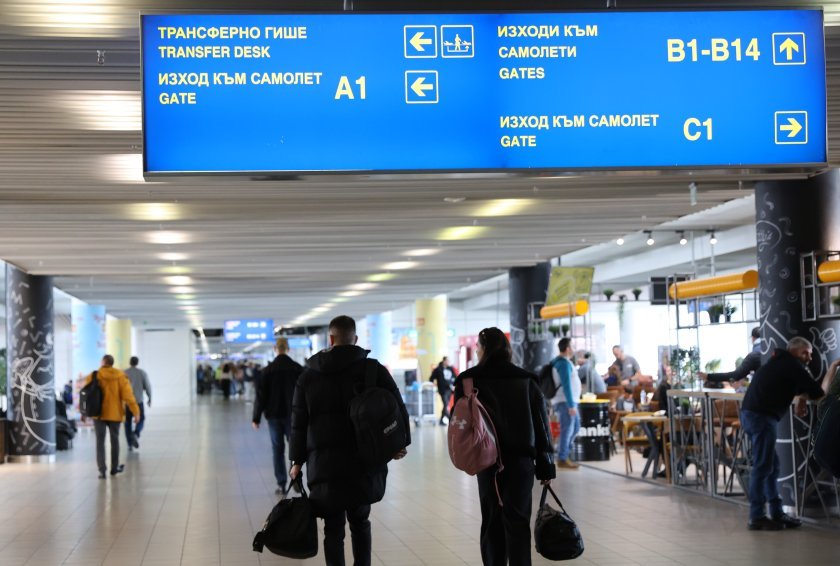
The last border check for travellers to Schengen countries at Sofia Airport will be carried out at 23:59 on 30 March. From the first second of 31 March, travel from Sofia to Vienna, Paris, Rome, Berlin and other Schengen cities will be visa-free.
"Effectively from this date all citizens arriving from Schengen member states will not be subject to passport control," said Kalin Stoyanov, outgoing Minister of Interior.
Border checks for non-Schengen flights will be carried out immediately before the gates to the aircraft, rather than immediately after airport security checks as it was before. For those travelling with children, there is another change.
"As regards Schengen member states, those who fly to these countries with their child, we will not carry out border controls and border checks there, i.e. no declarations are needed there," said Anton Zlatanov, director of Border Police.
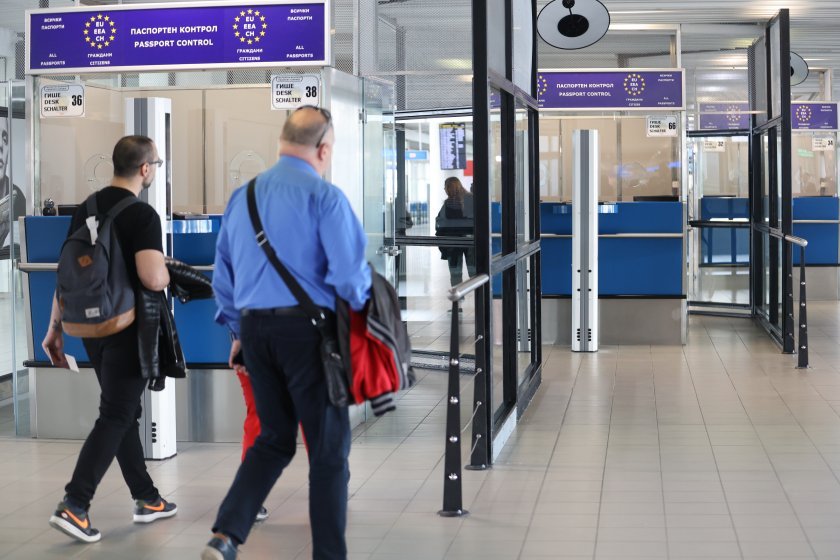
Thus, for trips in the Schengen area, parents will not have to prepare notarised declarations that they agree to their child leaving the country. And those who, for family reasons - such as divorce - are against the trip, will have to ask district courts to ban the children from leaving. With passport checks abolished, border police will have to ensure that people who are banned from leaving the country do not do so.
"We are changing the way we work. We are starting to rely much more on risk analysis, on operational activity," said Anton Zlatanov, director of Border Police.
According to Minister of Interior, Kalin Stoyanov, the next goal is the abolition of border controls at the land borders to the Schengen countries:
"I hope that visa-free travel by land will happen by the end of this year. What is important for us is that we continue to secure the state border in the way we are doing at the moment and that we continue the steady trend of reducing migration pressure."
The reinforcement of border security along the border with Turkey is part of the measures to reduce illegal crossings with our south-eastern neighbour.
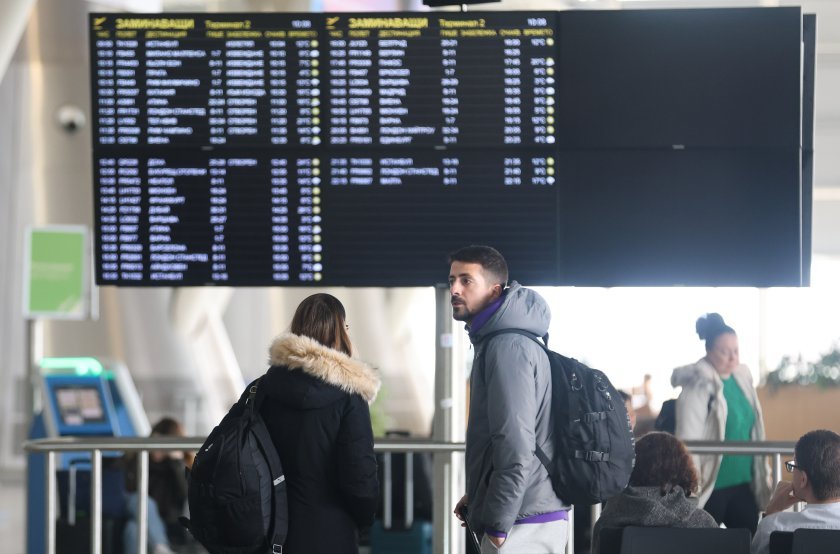
Images by BTA
Data on migration pressure show a serious downward trend. In the last twenty-four hours, there were only 29 attempts to cross the Bulgarian border illegally, compared to over 200 on the same date last year. The trend for the first almost three months of the year confirms this trend. From 1 January until yesterday, the number of those who tried to enter the country illegally was 6,100. For the same period last year, they were 21,000, i.e. a drop of three and a half times.
Get the latest news wherever you are!
Follow us on
Facebook
and
Instagram
Follow BNT’s YouTube channel
You can now also watch us on
TikTok
Find us on
Google News







